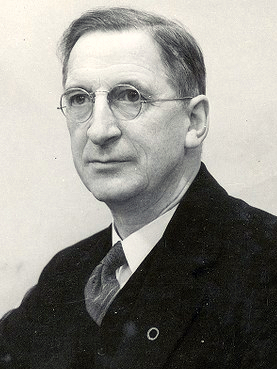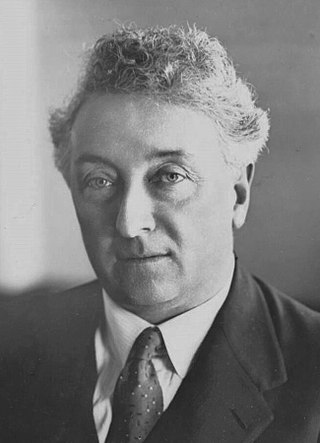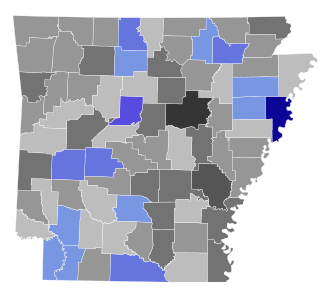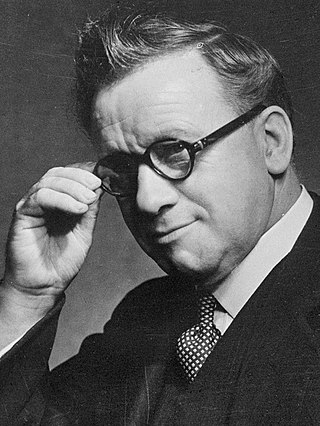
The 1938 Irish general election to the 10th Dáil was held on Friday, 17 June following the dissolution of the 9th Dáil on 27 May 1938 by the Presidential Commission on the request of Taoiseach Éamon de Valera. It was a snap election, less than a year after the previous election, the proximate cause being the government's loss of an opposition motion recommending use of arbitration to resolve Civil Service labour disputes. The general election took place in 34 parliamentary constituencies throughout Ireland for 138 seats in Dáil Éireann. It was the first election held after the coming into force of the Constitution of Ireland on 29 December 1937. Fianna Fáil won the first overall majority in the history of the State.

The 1937 Irish general election to the 9th Dáil was held on Thursday, 1 July, following the dissolution of the 8th Dáil on 14 June by Ceann Comhairle Frank Fahy on the direction of the Executive Council. The general election took place in 34 parliamentary constituencies throughout the Irish Free State for 138 seats in Dáil Éireann. The number of seats in the Dáil was reduced by 15, from 153 to 138 seats, under the Electoral Act 1935.

The 1936 United States Senate elections coincided with the reelection of President Franklin D. Roosevelt. The 32 seats of Class 2 were contested in regular elections, and special elections were held to fill vacancies. The Great Depression continued and voters backed progressive candidates favoring Roosevelt's New Deal in races across the country. The Democrats gained 5 net seats during the election, and in combination with Democratic and Farmer–Labor interim appointments and the defection of George W. Norris from the Republican Party to become independent, the Republicans were reduced to 16 seats. Democrats gained a further two seats due to mid-term vacancies. The Democrats' 77 seats and their 62-seat majority remain their largest in history.

The 75th United States Congress was a meeting of the legislative branch of the United States federal government, composed of the United States Senate and the United States House of Representatives. It met in Washington, D.C., from January 3, 1937, to January 3, 1939, during the fifth and sixth years of Franklin D. Roosevelt's presidency.

The United Provinces (UP) was a province of British India and, subsequently, independent India.

The 1937 Australian federal election was held in Australia on 23 October 1937. All 74 seats in the House of Representatives, and 19 of the 36 seats in the Senate were up for election. The incumbent UAP–Country coalition government, led by Prime Minister Joseph Lyons, defeated the opposition Labor Party under John Curtin.

The Tamil Nadu Legislative Assembly is the unicameral legislature of the Indian state of Tamil Nadu. It has a strength of 234 members, all of whom are democratically elected using the first-past-the-post system. The presiding officer of the Assembly is the Speaker. The term of the Assembly is five years, unless dissolved earlier.

The 1937 New York state election was held on November 2, 1937, to elect a judge of the New York Court of Appeals, as well as all members of the New York State Assembly. Besides, delegates for the New York State Constitutional Convention, to be held in 1938, were elected, and an amendment to the State Constitution which proposed the increase of the term in office of the members of the New York State Assembly to two years, and of the statewide elected state officers to four years, was accepted.
Members of the New South Wales Legislative Assembly who served in the 31st parliament held their seats from 1935 to 1938. They were elected at the 1935 state election, and at by-elections. The Speaker was Sir Daniel Levy until his death in 1937 and then Reginald Weaver.

The 1936 United States Senate election in New Hampshire took place on November 3, 1936. Incumbent Republican Senator Henry W. Keyes did not run for re-election.

The 1938 United States elections were held on November 8, 1938, in the middle of Democratic President Franklin D. Roosevelt's second term. The Democratic Party lost 72 seats, mostly to the Republican Party, in the House of Representatives. The Democrats also lost eight seats to the Republicans in the U.S. Senate. Despite these heavy losses, the Democrats maintained control of Congress.
The 1937 North Dorset by-election was a parliamentary by-election for the British House of Commons constituency of North Dorset on 13 July 1937.

The 1937 Los Angeles mayoral election took place on April 6, 1937, with a runoff election on May 4, 1937. Incumbent Frank L. Shaw was reelected over Supervisor John Anson Ford in the runoff election.
Elections to Liverpool City Council were held on 1 November 1937. One third of the council seats were up for election, the term of office of each councillor being three years.
Elections to Liverpool City Council were held on 1 November 1936. One third of the council seats were up for election, the term of office of each councillor being three years.

The 1937 Arkansas special senatorial election was held on October 19, 1937, following the death of longtime Democratic senator Joe T. Robinson. Robinson was a powerful senator, staunch Democrat, and strong supporter of United States President Franklin D. Roosevelt, and was instrumental in passing many New Deal programs through the Senate. Arkansas was essentially a one-party state during the Solid South period; the Democratic Party controlled all aspects of state and local office. Recently elected Democratic Governor of Arkansas Carl E. Bailey initially considered appointing himself to finish Robinson's term, but later acceded to a nomination process by the Democratic Central Committee, avoiding a public primary but breaking a campaign process. Avoiding the primary so angered the public and establishment Democrats, leading them to coalesce behind longtime Democrat John E. Miller as an independent, forcing a general election.
The Boston mayoral election of 1937 occurred on Tuesday, November 2, 1937. Boston School Committee member Maurice J. Tobin defeated five other candidates, including former mayors James Michael Curley and Malcolm Nichols.

An election to the County Council of London took place on 4 March 1937. The council was elected by First Past the Post with each elector having two votes in the two-member seats. The Labour Party made gains, increasing their majority over the Municipal Reform Party.
There were several special elections to the United States House of Representatives in 1937 during the 75th United States Congress.














